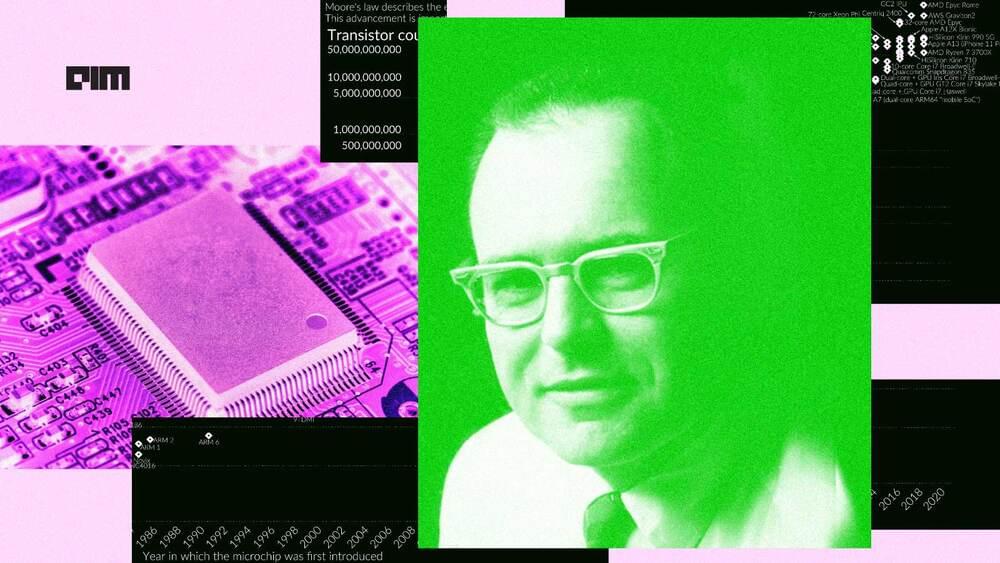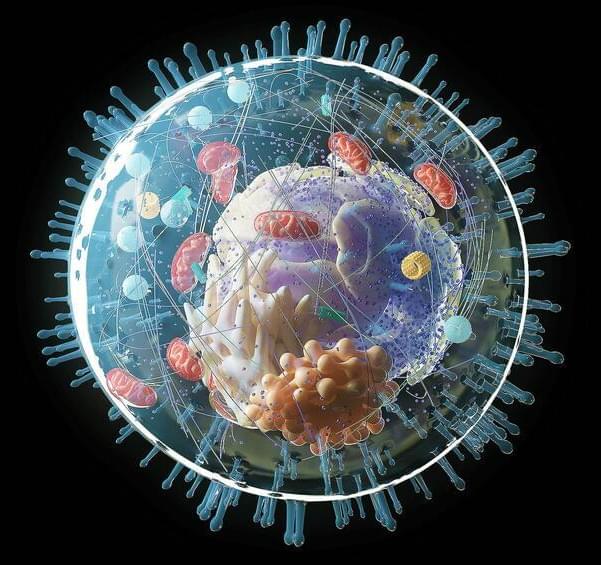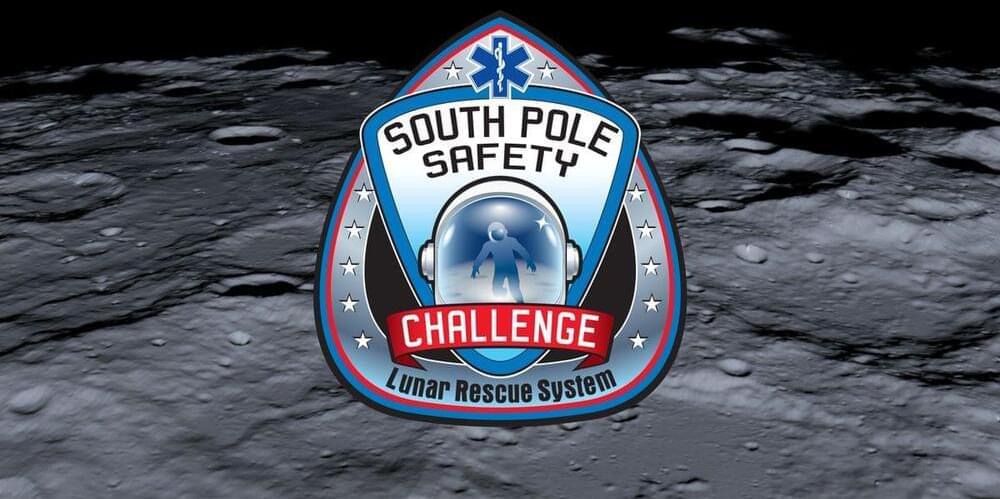Nov 21, 2024
The Most Insane Weapon You Never Heard About
Posted by Jose Ruben Rodriguez Fuentes in category: existential risks
Get 50% off your first month of a monthly club with code KURZGESAGT at https://www.kiwico.com/kurzgesagt.
This video was sponsored by KiwiCo. Thanks a lot for the support!
Turns out, it’s not birbs running kurzgesagt, but hardworking humans. Support our mission and videos by visiting the shop and getting a thoughtful product made with love: https://shop.kgs.link/love.
Continue reading “The Most Insane Weapon You Never Heard About” »

















